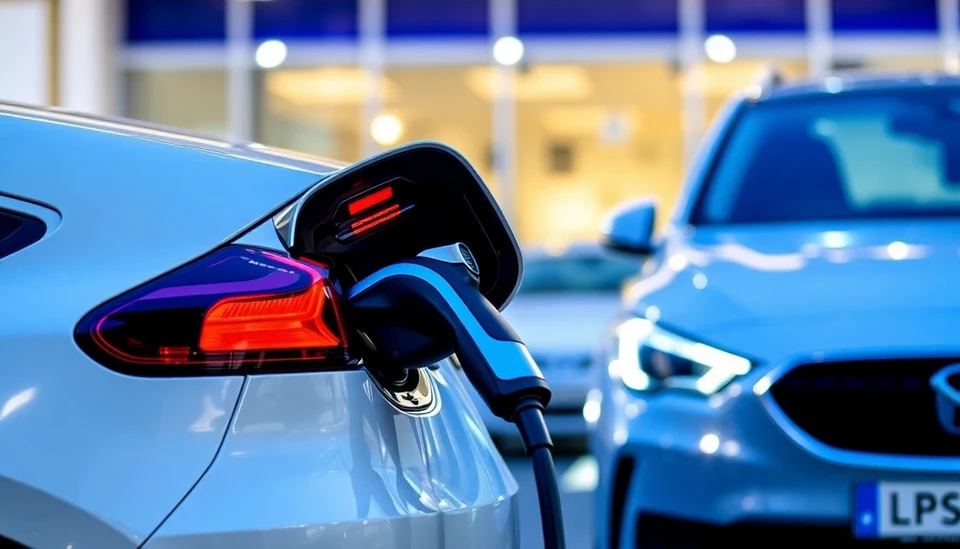
In a striking critique, the UK’s Business Secretary has declared that current electric vehicle (EV) targets are not achieving their intended goals. Speaking during a recent Parliament session, the Secretary expressed concerns over the sluggish uptake of electric vehicles amid the government’s ambitious plans to transition from petrol and diesel cars to electric alternatives. The comments come as part of a broader review of the nation’s environmental policies and commitments to reduce carbon emissions.
Despite the UK government’s promise to ban the sale of new petrol and diesel cars by 2030, the Secretary pointed out that the transition is not progressing as expected. Statistics reveal that while sales of electric vehicles have increased, they still represent a minority of total vehicle registrations. Many consumers remain hesitant to make the switch, predominantly due to factors such as high upfront costs, insufficient charging infrastructure, and concerns about battery life and range.
The Business Secretary urged for a more aggressive approach to improve public readiness for electric vehicles. He indicated that unless the government addresses these barriers effectively, the goal of achieving net-zero carbon emissions by 2050 could be jeopardized. A significant revamping of the charging network and financial incentives for consumers were highlighted as essential steps to foster a more favorable environment for electric vehicle adoption.
The Secretary's statements have resonated with various stakeholders, including automotive industry leaders and environmental activists. While there is a consensus about the importance of moving towards sustainable transportation, there are stark disagreements on how best to facilitate this transition. The automotive industry is calling for more governmental support in enhancing EV technology and expanding infrastructure, while environmentalists stress the urgent need for policies that prioritize long-term sustainability over short-term economic considerations.
Looking forward, the government has expressed its commitment to reviewing existing policies and implementing necessary adjustments. This may involve re-evaluating the current subsidy schemes and enhancing educational programs about the benefits of electric vehicles to stimulate consumer interest.
As the world continues to grapple with climate change, the implications of these developments extend far beyond the automotive sector. The discussion surrounding electric vehicle targets is a microcosm of the larger challenge of balancing economic growth with environmental sustainability. The calls for more robust policies could signal a pivotal moment in the UK’s approach to achieving its environmental objectives.
In conclusion, the Secretary's comments serve as a stark reminder of the complexities involved in transitioning to a greener future. With the clock ticking towards critical environmental deadlines, the urgency to innovate and adapt never been more pressing.
#ElectricVehicleTargets #UKBusinessSecretary #ClimateChange #SustainableTransportation #NetZero #ElectricVehicles #GovernmentPolicy #GreenEnergy
Author: Victoria Adams




